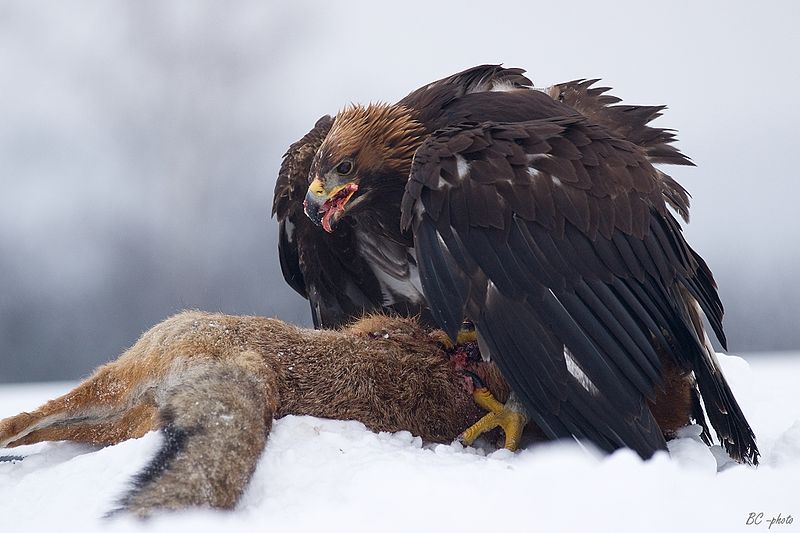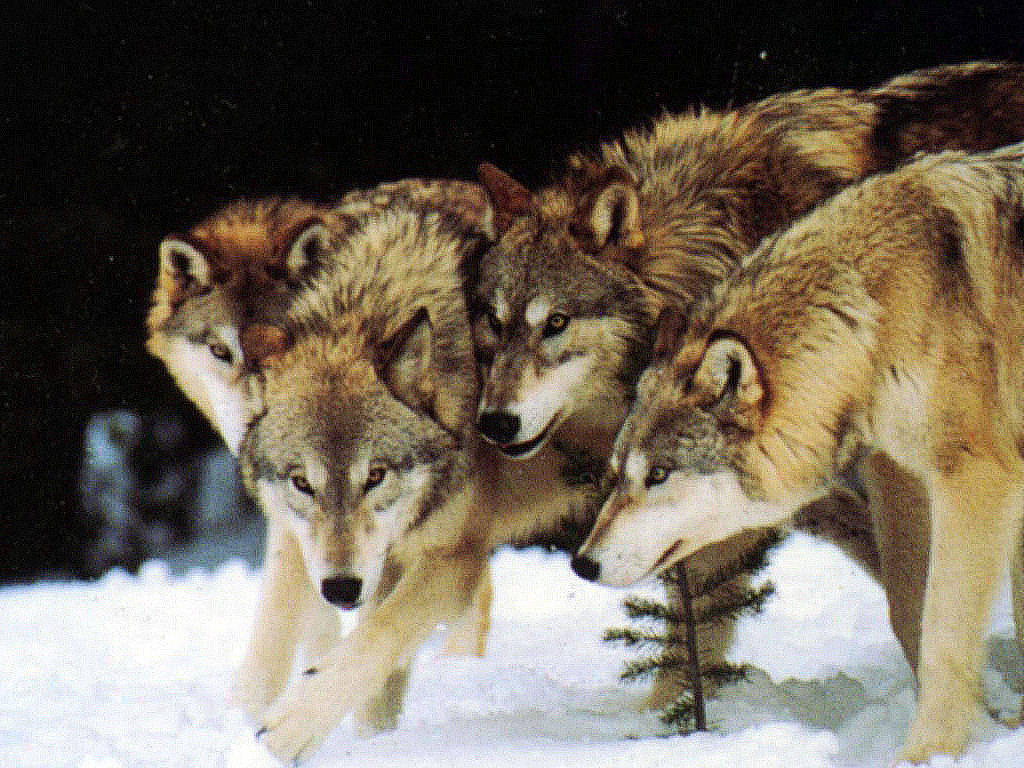If the land of Greece is a giant, then the Pindus is the spine, standing between Greece and Albania. There are animals in the wilderness of the mountains. The beautiful Aquila chrysaetos (golden eagle) spreads its wings, swoops down with its sharpened beak, snatching a gray wolf (Canis Lupus) by its neck. Crimes of the natural world keep in check the balance in the animal kingdom. So we forgive the killing, and tell the tales of the lonely hunter and the nomadic travellers.
And so they became symbols, emblemed on seals and armors, reminding humanity our roots.
The golden eagles, such gorgeous and dangerous species, are wildly admired. They travel alone, and prey on equally capable rivals, like the witty foxes or the cunning wolves. They eye on the target, and never let go once they've set their goals. There are men and women throughout history, fictional or not, who would remind me as the golden eagle: Joyce, eccentric he might have been, was a man of grand ambitions. Inspired by Odysseus, the Irish poet wrote the incomparable Ulysses, hence his self exile got on some pigments of legendary as well.

T'is most lonesome when you feel a discrepancy in communication. Harold obviously couldn't find understanding from either the Christian or the people on the unknown shore. The golden eagle, although suitably present, the symbol of Albania, is also a universal motif representing a sense of pride, and the loneliness brought upon to that pride. Byron himself was one of those "eagle people": he's learned much from the past, which made him understand how limit he is in making a difference; he walked the walk of a pilgrim in search of art in its purist form. He's lamented the falling of empires in previous lifetimes, and paid homage to the ancient bards who sang the songs of heros and tragedies.
The wolfpacks are different. They move from one place to another, sweeping across the plains and down the mountains. They're powerless against the eagle but together, they are relentless creatures and have always been feared. They are the embodiment of human's primal desires and violent nature.
There are various misunderstandings with the wolves. They are said to be killers without conscience and yet, they've also been known as foster parents of abandoned children. There are magnificent epic films like Dance with Wolf showing the beauty of the canine and their intimacy with mother nature. There are also tales of a more mythical theme: the werewolves comes with the flight of the night. Their howls under the full moon are the sound of terror.
Yet I've always pictured the wolfpack in a field of golden corn flowers, their speed swift like wind, going back to their rest. Sometimes they'd disturb the birds, who fly off across the stream, ruffling the quite surface of the water.
They stick to their tribes, with their sets of regulations. They fight amongst themselves although the same species. They rip apart each other's fur, break each other's limbs in combats, trying to secure a bit more of the territory.

Isn't that just like men?
People put up images of animals as their totems, their emblems, their symbols of beliefs. They also create stories of animals with either encouraging messages or serve as warnings, telling children to stay at home, and not to take risks. I wonder how much do the wolfpack remind people of themselves. The kills carry on.
There are always people who are like the golden eagle, flying above all, soaring up like Icarus to the sun. It's a cold and lonely place up there, although it seems that they're blazed in the glorious sunlight.
The possession of knowledge can make one quite lonely. To pull yourself apart from a pack, watching over with the understanding of how things are.
To be the golden eagle or to be a wolf in the pack, neither is easy; it's just a choice one makes.



No comments:
Post a Comment